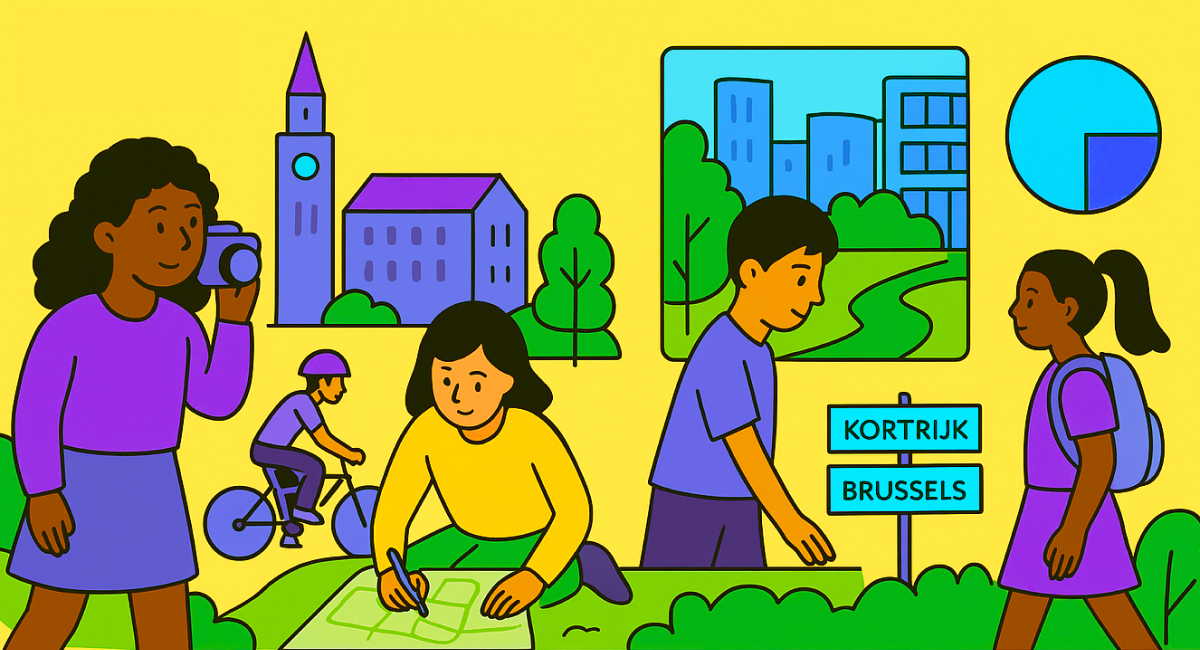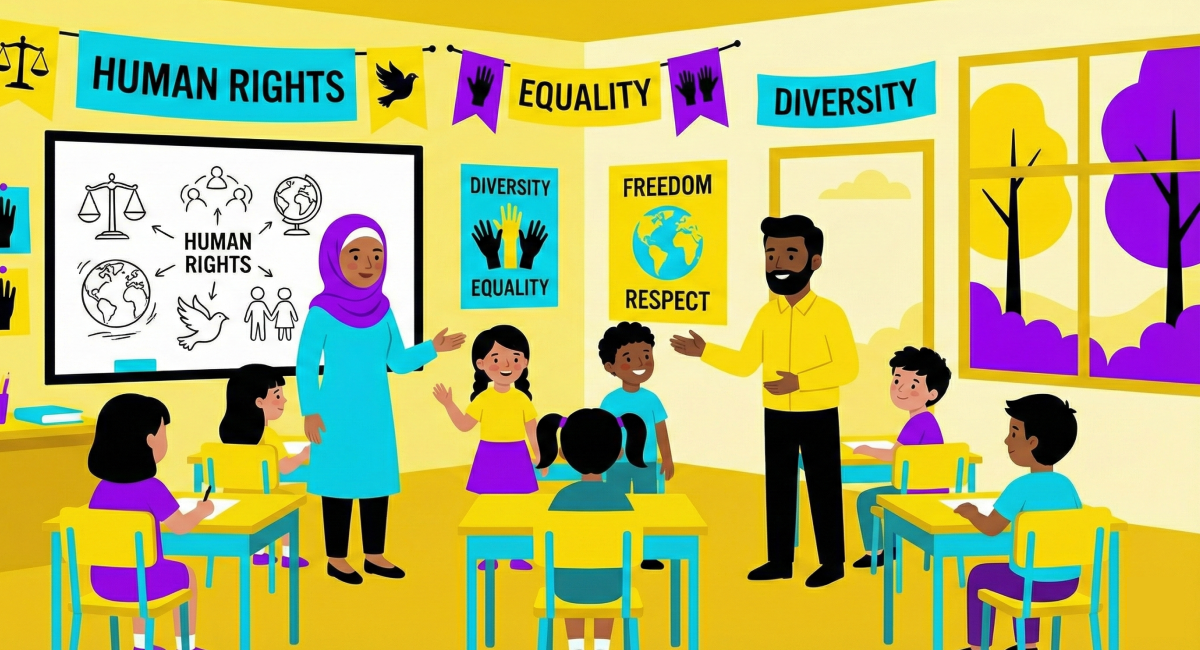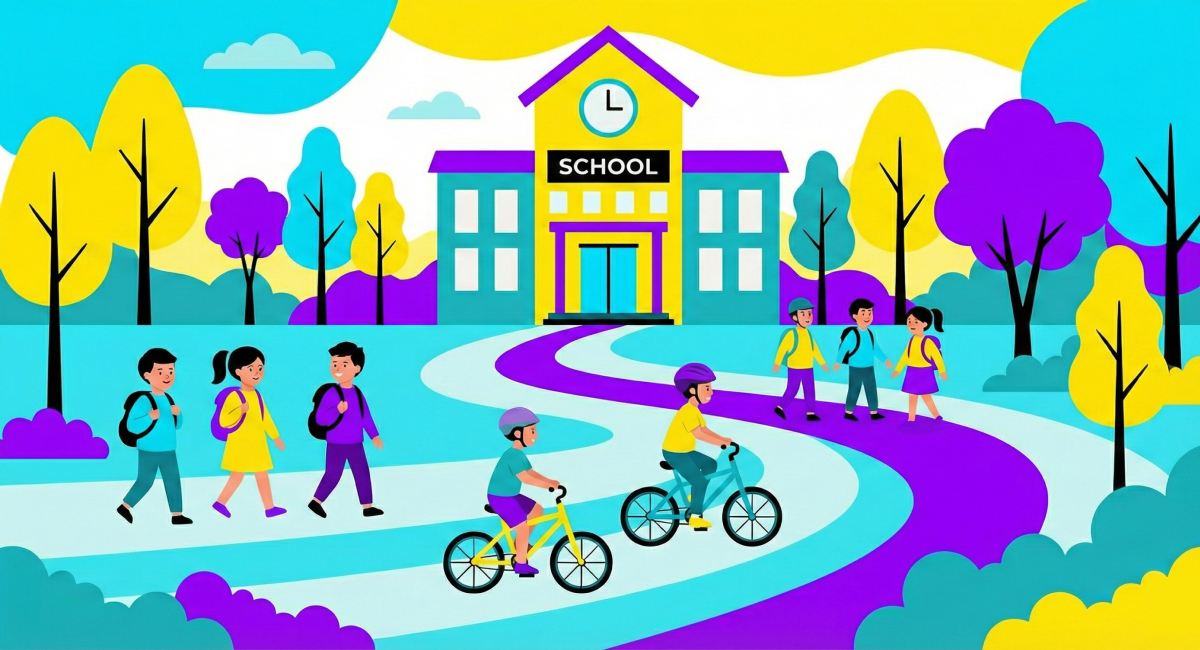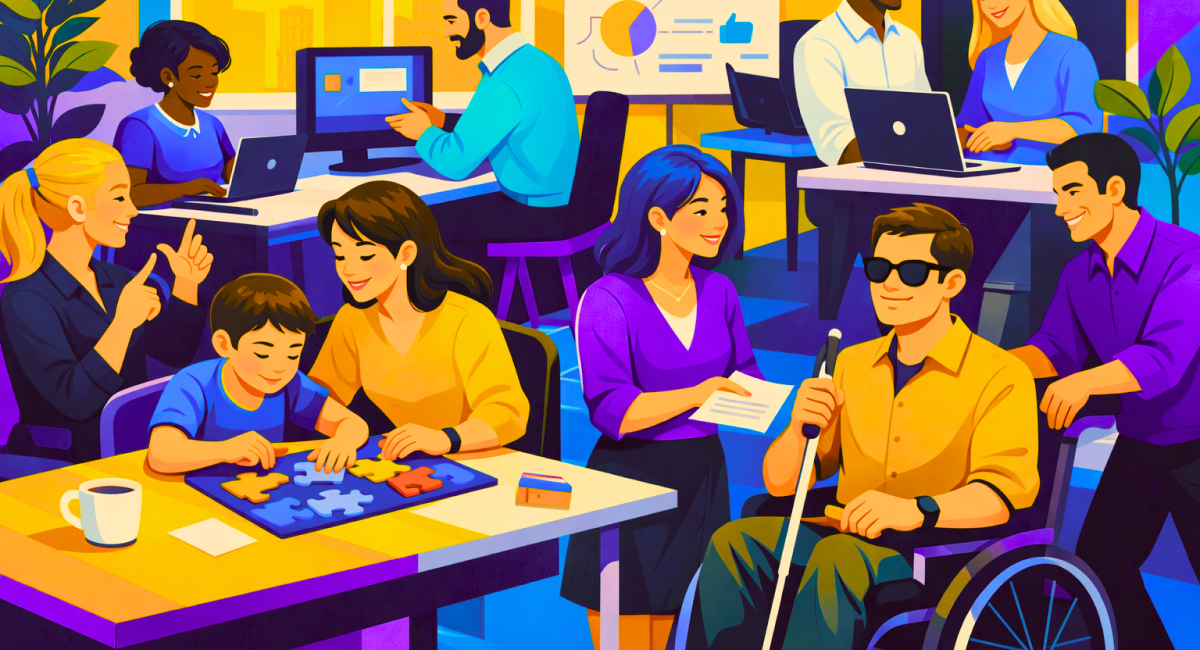Shaping the Future of Proximity Cities - Our TPM in Toruń
Reimagining the cities of tomorrow requires more than policy papers and data. It demands imagination, dialogue, and the courage to listen to voices that are too often left out. That is the spirit of the CONIFER project,and one that CollectiveUP proudly embraces, which came to life during our recent transnational project meeting in Toruń, Poland. CollectiveUP was represented by Chrysanthi, our Operations & project manager and David, our Innovation Growth Lead, who brought their perspectives and energy into the discussions.
From the very first roundtable, the diversity of perspectives set the tone. Around us sat researchers in mobility, political science, psychology, geography, and social economy, alongside visual artists and cartographers. This mix was not accidental, it reflected the richness of the challenge ahead. Cities are not only about transport systems or infrastructure; they are living, cultural spaces where questions of belonging, mobility, and justice intersect.
Futures imagined, lessons learned
One of the most fascinating strands of discussion came from looking at how popular culture imagines the future of mobility. VUB examined 17 references drawn from science fiction, series, and films, from Black Panther and Minority Report to Blade Runner 2049 and Kizazi Moto. These cultural works show us not just futuristic skylines, but also the anxieties, fears, and aspirations of our time. What stood out was how often dystopia dominated: ruined infrastructures, protected communities keeping others out, mobility reserved for the privileged few, and public space portrayed as unsafe or irrelevant. Walking and cycling, if they appear at all, are sidelined. These imaginaries matter, because they shape how young people see their own futures. And they will also feed into our own participatory visioning in CONIFER’s civic labs.
We also explored how artificial intelligence can support foresight and decision-making. Partners shared insights on both the opportunities and ethical concerns: how do we ensure AI helps amplify children’s voices rather than overshadow them? How do we remain alert to hidden biases?
"AI should amplify children’s voices, not replace them. Used responsibly, it can help make participatory foresight more inclusive and imaginative." Chrysanthi, Operations & project manager pointed out.
The report on this is now live on CONIFER website, providing a foundation for responsibly testing AI in our civic labs.
From ideas to civic labs
Of course, methodology without practice is incomplete. That’s why one of the most exciting moments of the meeting was testing the webapp developed by the International Federation of Pedestrians for participatory workshops. For the first time, we could see how this tool will help children reflect on their neighborhoods, share perceptions, and create visions together.
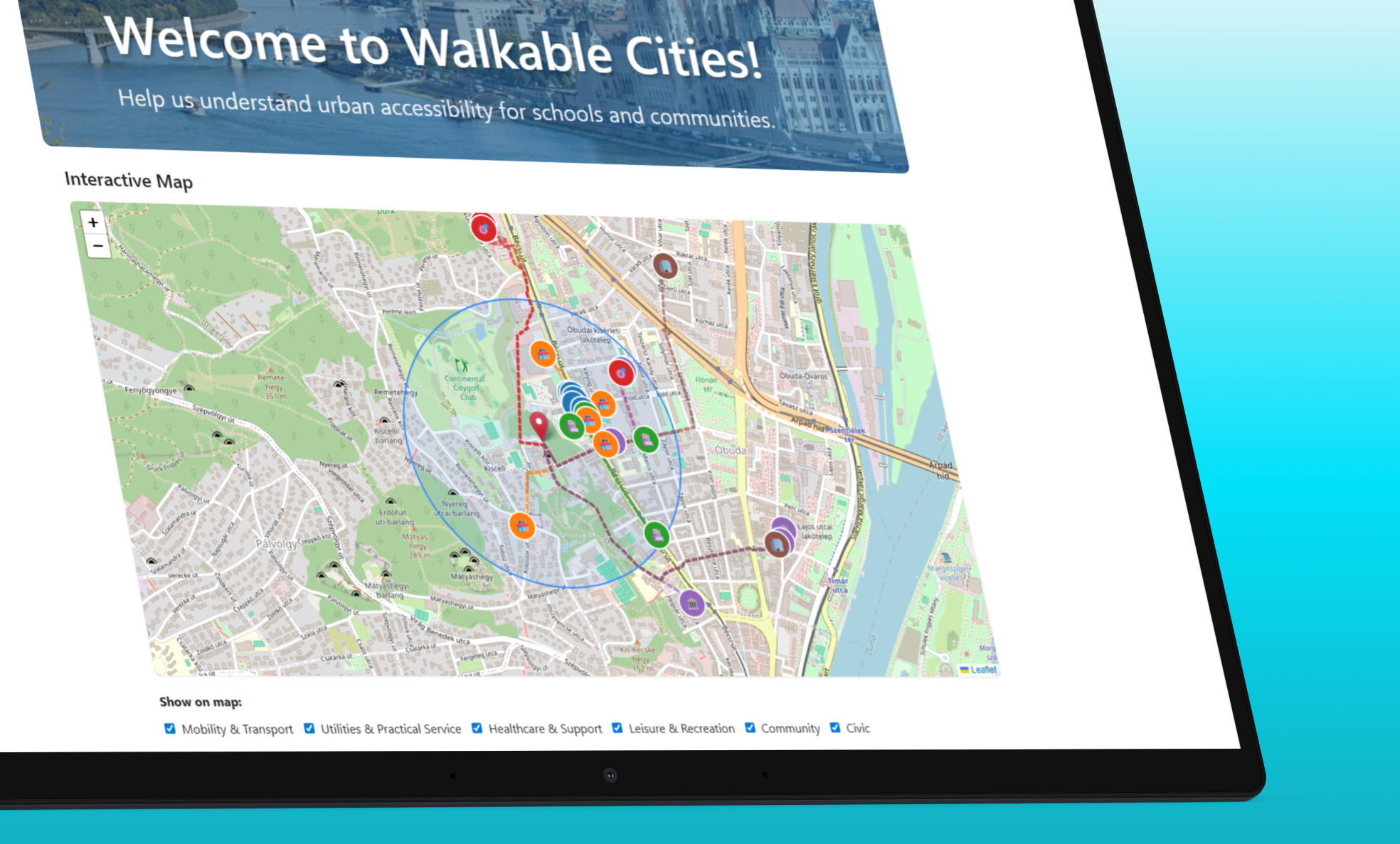
Alongside the app, we also deepened our understanding of Photovoice, a participatory method where children use photography to express where they feel safe or excluded, what they cherish, and what they want to change. Guided walkshops, interactive maps, and collaborative discussions will transform these images into powerful inputs for city planning.
"Allow the children to share emotions about their surroundings and way to school, and to strengthen the awareness of their agency to co-create their everyday environment", Ewa Korcelli-Olejniczak, Linguist and Human Geographer, Leader of the Photovoice activity.
All of this work is converging in the civic labs, which will start their first activities in Brussels in October before spreading to our other partner cities.
Brussels is where we get to experiment in real time , testing methods, learning from what works, and refining them into tools others can use. It’s both exciting and fun, but always with a clear purpose: building approaches that can be scaled and shared. Dávid Bálint Varga, Innovation Growth Lead.
These labs are more than workshops, they are democratic spaces where children, young people, and communities come together to imagine the 15-minute city in practice.
But Toruń was not only about work. Like every strong collaboration, it was also about bonding, sharing, and enjoying the richness of the place we were in. After days of intense discussions, we gathered around tables filled with Polish specialties, pierogi, aromatic soups, and sweet treats, moments where laughter flowed as easily as ideas had during the day. These dinners reminded us that building better cities is not just about frameworks and deliverables. It’s about people, trust, and relationships.
As we left Toruń, we carried with us not only new methodologies, reports, and tools, but also a renewed sense of purpose. CONIFER is proving that the future of our cities can be shaped in ways that are participatory, imaginative, and deeply human. At CollectiveUP, we are proud to help weave together these strands, academic rigor, cultural insight, technological innovation, and the lived voices of communities, into a vision for the cities of tomorrow.
👉 Stay tuned for updates on our civic labs and explore the reports already available on the CONIFER website.

